Blog
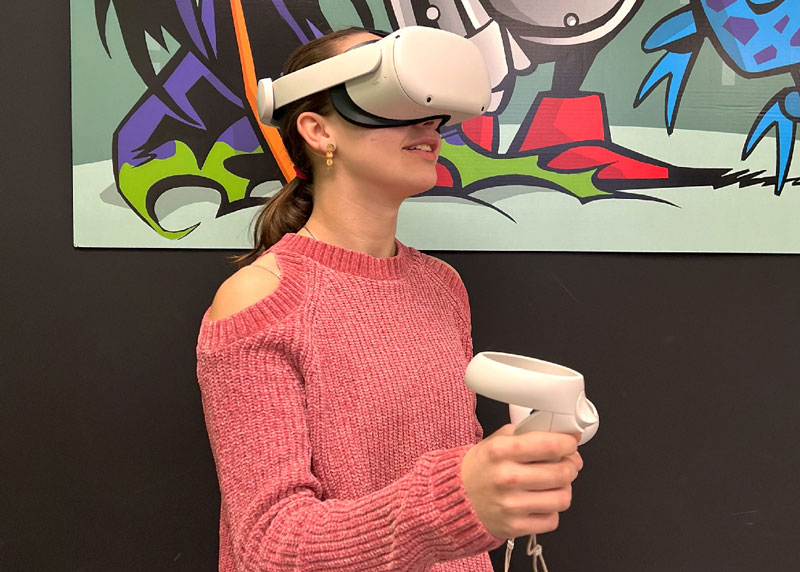
Codelearn Special Weeks: Virtual Reality
From May 20 to 24, our centers have been celebrating the last theme week of this school year, which was dedicated to virtual reality. Codelearn students have had the opportunity to learn more about this technology, experience it through the use of specific applications and devices, and apply their new knowledge by participating in complementary classroom activities.
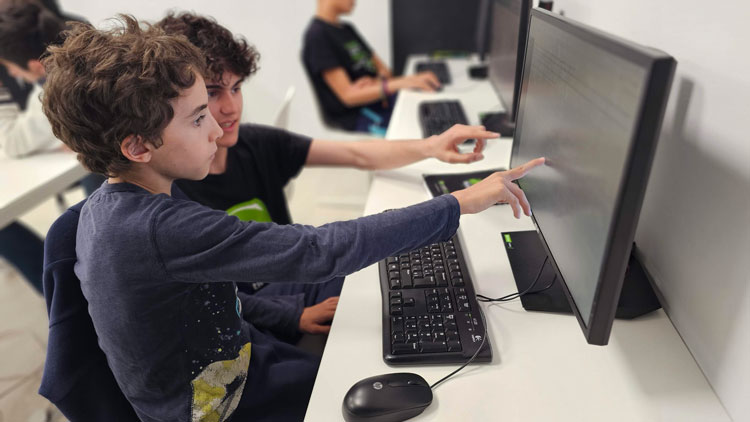
Tips for taking your first steps in programming
Although more and more people are aware of the importance of learning to program, there are still many who are intimidated by this new challenge. It’s true that the world of programming is vast, so the first thing you need to keep in mind is to take it step by step. Just like learning any foreign language requires acquiring a certain level of vocabulary and understanding its grammar, programming also requires a similar approach.
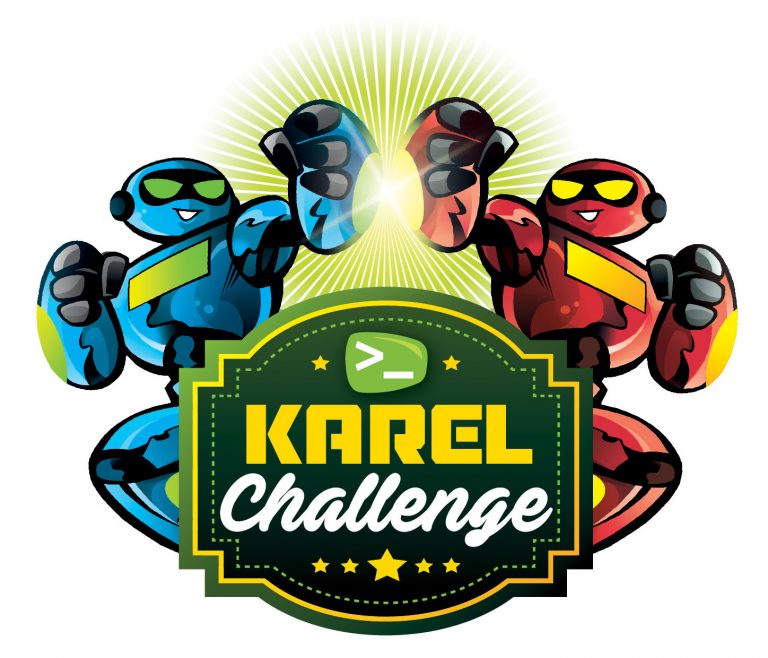
Karel Challenge 2024: Be the Fastest Programmer!
Karel Challenge is an eSport that tests speed, strategy, and correctness when programming. The aim of this competition is to spread programming among the younger generation in a fun and exciting way. It is an open competition to everyone, so all Codelearn students who have completed Chapter 2 of Karel can participate, but also anyone who wants to try to overcome this challenge and have fun programming, even if they are not students of any center. The game consists of controlling a small virtual robot called Karel and guiding it through different scenarios where it must overcome obstacles, collect objects, complete the map’s objective, and reach the exit before the rival robots.
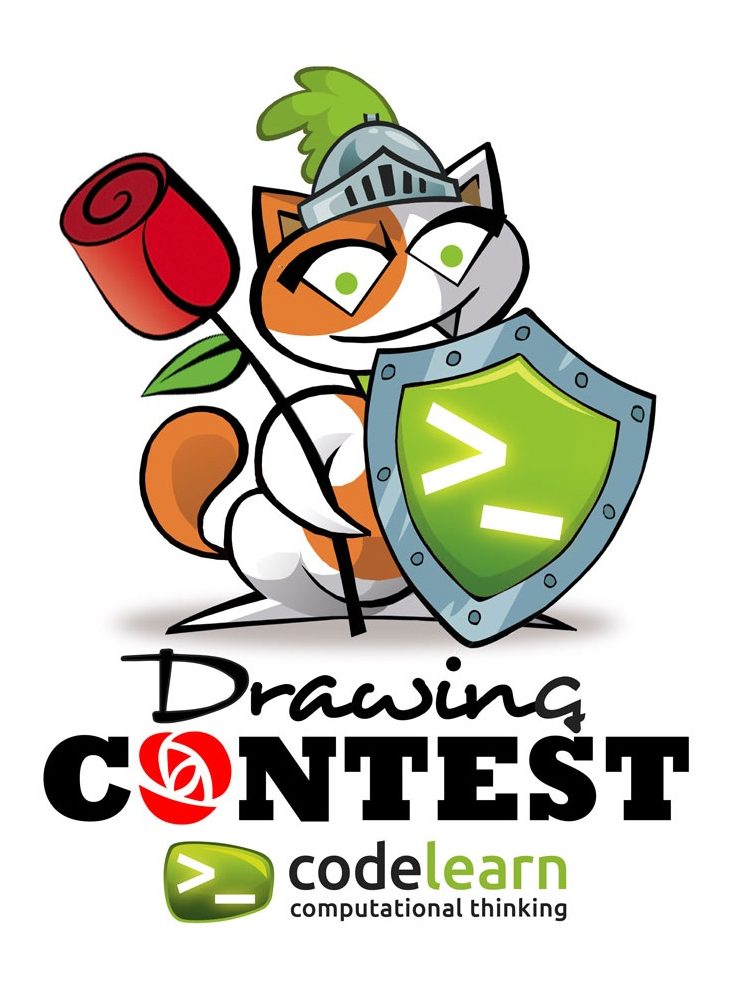
2024 World Book Day Contest
Spring has arrived and our World Book Day Contest is approaching! Once again, all Codelearn students will have the opportunity to showcase their creativity through programming. On the online platform, you can create drawings using Logo or create animations or simple videogames using Scratch. Since the theme of the contest is the World Book Day, this year we ask that your projects illustrate your favorite book or tell us its story. Are you up for the challenge?
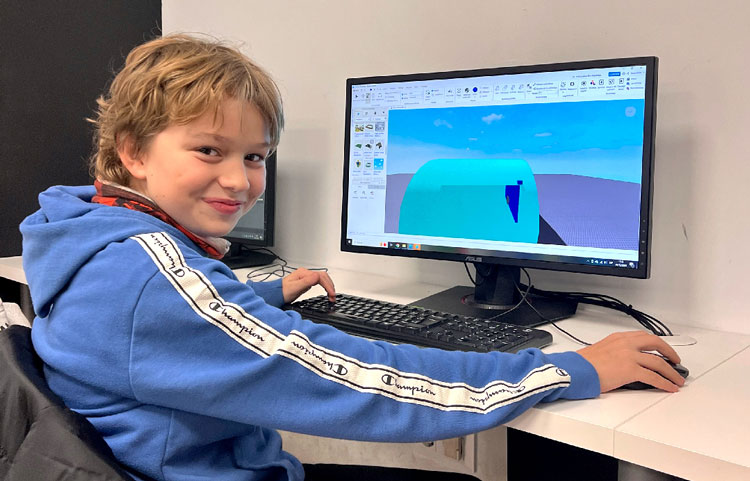
Codelearn Special Weeks: Roblox
From February 19 to 23, all our centers have been celebrating a new themed week. This time, it was dedicated to Roblox. which is an online gaming platform that allows its users to create, share, and play a wide variety of video games, making it not only a platform for gamers but also a great community of creators.
